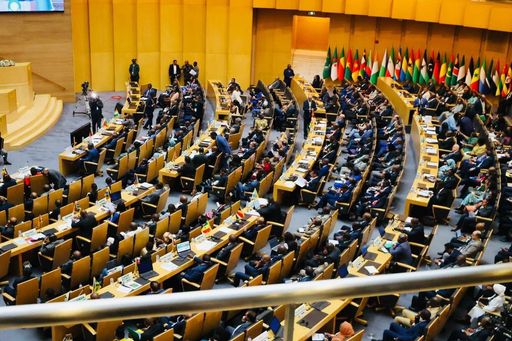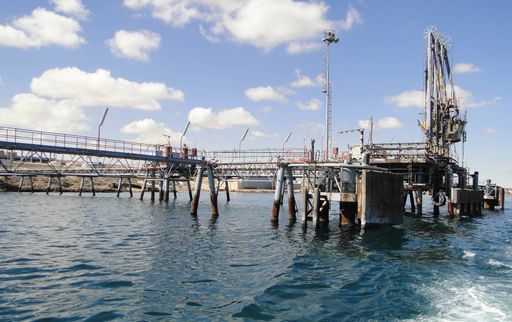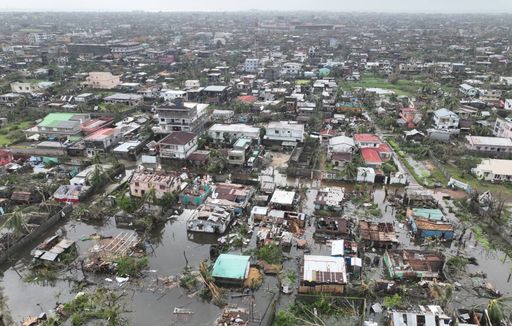Sport
The violence erupted in the capital on Monday, particularly in the Salah al-Din and Abu Salim neighborhoods, following the death of Abdel Ghani al-Kikli.
Libyan Prime Minister Abdul Hamid Dbeibeh said Tuesday that security was restored in Tripoli after armed clashes in the capital.
The violence erupted in the capital on Monday, particularly in the Salah al-Din and Abu Salim neighborhoods, following the death of Abdel Ghani al-Kikli, who heads the Stability Support Apparatus, affiliated with the Presidential Council, according to Libyan media.
"I commend the ministries of interior and defense, and all members of the army and police, for the major achievement in restoring security and asserting the authority of the state in the capital," Dbeibeh said on X.
"What has been achieved today affirms that legitimate state institutions are capable of protecting the nation and preserving the dignity of its citizens," he added.
Gunfire in capital
The premier called for ending the presence of “irregular groups and reinforcing the principle that there is no place in Libya except for state institutions, and no authority except that of the law."
Local media outlets, including Libya Al Ahrar TV, reported intermittent gunfire throughout the capital following Kikli’s death.
The Libyan Defense Ministry, for its part, confirmed that its forces had taken full control of the Abu Salim neighborhood, saying its military operation to contain the clashes “ended successfully.”
Libya continues to face sporadic security crises fueled by a political divide that has persisted since 2022.
/
Rival governments
Two rival governments claim authority: the internationally recognized Government of National Unity, led by Dbeibah in Tripoli, which controls the west, and a parallel government based in Benghazi, led by Osama Hammad, appointed by the House of Representatives, which controls the eastern parts of the country and some cities in the south.
Years of UN-led efforts to hold national elections have stalled, prolonging the country’s political fragmentation and armed conflict.
Comments
No comments Yet




















Comment